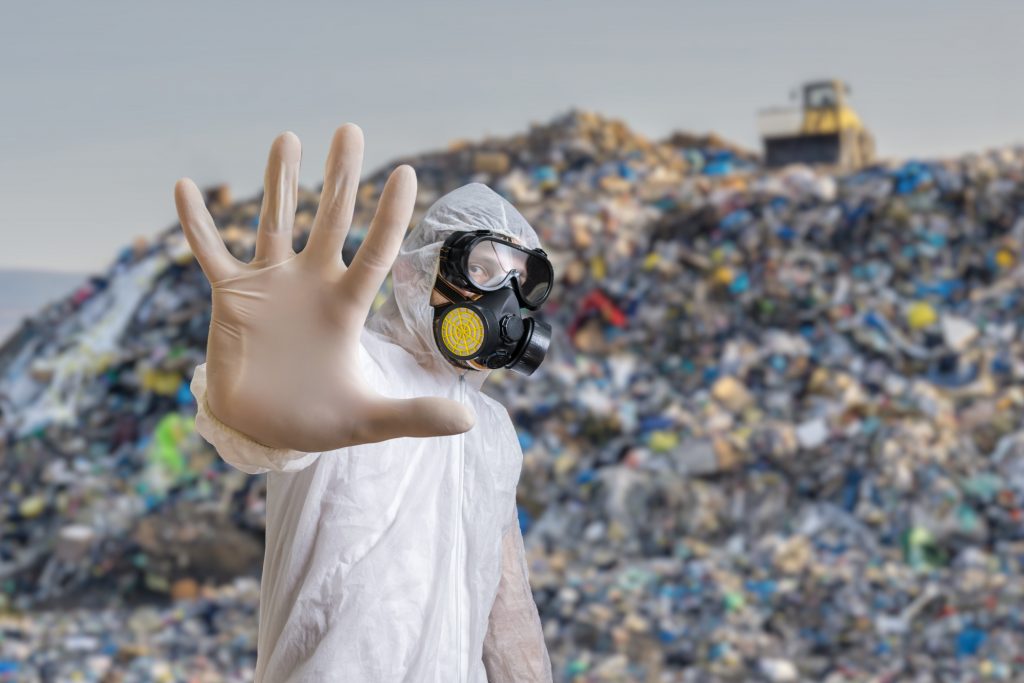Similar to the plaque found on our teeth, our arteries are also prone to having plaque, and it builds up over time. However, the plaque in our arteries is quite different in composition, as it is made up of cholesterol, fats, calcium, and other waste products from our cells that end up in our bloodstream.
Atherosclerosis, or the narrowing of artery walls due to the buildup of plaque along these walls, is a natural occurrence among us humans– but what exactly causes plaque to build up?
Coronary and Carotid Plaque Causes
Coronary plaque and carotid plaque refer to plaque that form in the coronary arteries and in the carotid arteries. Coronary arteries are blood vessels wrapped around the heart that supply oxygen-rich blood to the heart itself, while carotid arteries are blood vessels found in the neck that supply oxygenated blood to the brain, face, and neck. Too much plaque in either of these areas can have fatal consequences, such as getting a stroke or a heart attack.
Since the buildup of plaque is a natural process, we should take note of the factors that can speed up the accumulation of plaque so that we can avoid them, especially those of coronary and carotid plaque. A few known causes of plaque buildup are as follows:
High LDL (“bad”) cholesterol
High low-density Lipoprotein (LDL) cholesterol is part of what arterial plaque is composed of, which is why it is considered “bad” cholesterol. Eating too many foods with high LDL cholesterol is considered risky when watching out for heart disease.
Smoking and second-hand smoke
When the nicotine found in tobacco smoke is breathed in, it can trigger plaque buildup in the arteries via inflaming them. Not only that, nicotine brought into the body this way also makes it easier for cholesterol to enter arterial walls.
High blood pressure
Now, high blood pressure doesn’t necessarily cause plaque, but it can worsen the condition of arteries already affected by a buildup of plaque. High blood pressure can damage our arteries, making them harden into narrow pathways as a result. This, along with arterial plaque, makes the possibility of a total blockage of arterial pathways closer to reality.
Fat from dairy products, fish, and meat
Fatty products can speed up plaque buildup. This is also due to the fact that the intake of too much of these products can cause high blood pressure over time, and as discussed above, high blood pressure isn’t good for keeping our arteries healthy. Another reason is due to the presence of POPs, which is discussed below.
Bisphenol A (BPA) and Phthalates
Studies show that BPA, an industrial chemical found in polycarbonate plastics and resins, and phthalates, a group of chemicals that make plastics more durable, are linked to cause carotid atherosclerosis (or carotid plaque buildup). Although studies have only linked the risk in the elderly so far, their findings suggest that such chemicals, if found in significant doses in the body, aid in plaque development.
Persistent Organic Pollutants (POPs)
POPs are toxic chemicals that take several years to break down and are therefore persistent in the environment, which means that POPs from one side of the world can end up in another part of the world due to being brought from place to place by repeated processes of evaporation and deposition.
POPs tend to be by-products of many industrial processes, but more notably, POPs can be found in organochlorine pesticides. POPs are also lipophilic, which means they accumulate in the fatty tissue of living beings, and often have a “magnified” in effect when in fat or when they move up the food chain. Farmed fish and farm animals tend to be exposed to such POPs, which means consuming their meat or by-products– especially their fat– can incorporate our own bodies with POPs.
Studies have shown that the presence of POPs in the body is associated with cardiovascular diseases and the accumulation of plaque– particularly carotid plaque.
Ways to Avoid or Minimize Plaque Buildup
The creation of plaque deposits in our arteries may be a natural phenomenon, but there are definitely ways to slow it down– especially now that we know the factors that speed up plaque buildup.
Although POPs are practically undetectable by the human eye, we can minimize its effects by knowing the origins of the food that end up on our plates. Organic and fresh foods are our best bet when it comes to eating safe. Avoiding fatty and high-cholesterol foods are also a good step to consider when rethinking our diets. Getting that much-needed exercise to keep our blood healthily pumping through our blood vessels can also help minimize plaque buildup.
The bottom line is, keeping a healthy lifestyle by engaging in regular exercise and following a proper diet is key to keeping plaque deposits away from our arteries.
Sources:
Dr. Casey Sinclair, D.C. is a leading holistic healthcare doctor trained in functional medicine. He has extended his reach around the world by co-founding Family Health Advocacy, a health advocacy group lead by doctors and health professionals providing resources and education on global health matters. He has been fortunate to act as health a consultant to some of the largest companies in North America and as a professional speaker he’s had the privilege of speaking to thousands of people. Dr. Casey is an advocate for people suffering with chronic pain and fibromyalgia and has authored a book on the subject.

